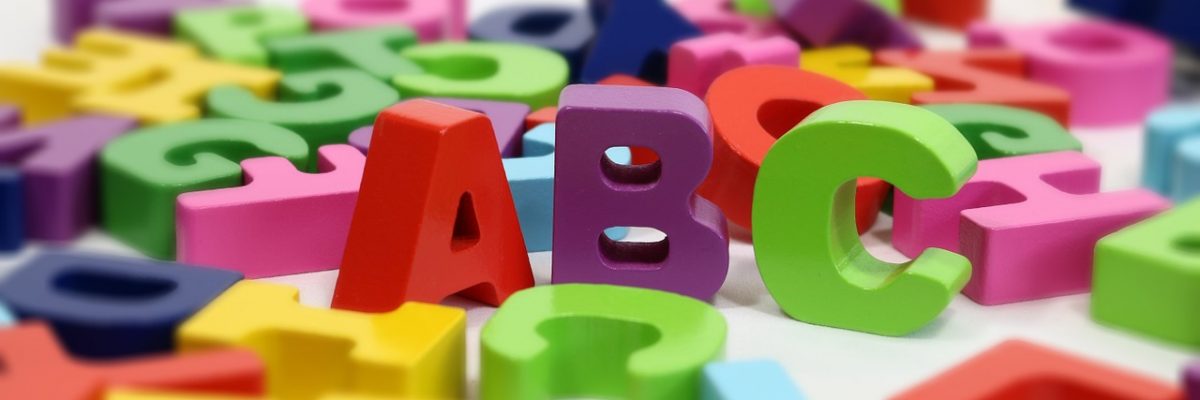
At the age of three a child begins his sentence building capacity and understands sentences with greater complexity. He is able to react to commands such as “Please bring me the cup”, and “Please bring me the ball “, and so on. The child formulates his first questions and can use the past form of verbs adequately.
At the age of four, one can say a child has achieved the language level of an adult, albeit with a much more rudimentary level of grammar and vocabulary. He can recount experiences in his everyday routine, ask a myriad of questions, and use fantasy when playing games, such as playing doctor, papa or “Bob the Builder”. He begins to use the correct application of the personal pronoun and can sustain a conversation.
Between the ages of five and six, the child uses the past, present, and future forms in his speech. He can also describe things in detail and voice an opinion on varied topics. His sentence formation gains also in complexity.
The goal of this phase consist of enriching his vocabulary, and the learning the correct syntax of language. The following is recommended to the parents:
- Motivating the child to communicate for example by continually asking simple questions and engaging the child in dialogue.
- Taking the time to answer each question the child may ask.
- Taking the time to listen to what the child recounts of his day or his experiences.
- Praising each progress the child makes in his speech.
- Never mixing languages with the child.
- Reading books together.
- Recounting of stories in great detail.
- Roll-playing with the child.
- Cooking together as an opportunity to clarify what is being done.
- Using the daily routine as an opportunity to solidify and repeat what is happening (at the upermarket, at the bank, and at the playground).
Tip: Visit our Links page, especially the categories “Stories” and “Music”!
Further in Phases of Language Development: Learning to Read and Write
Back to Phases of Language Development: The First Language Tools

